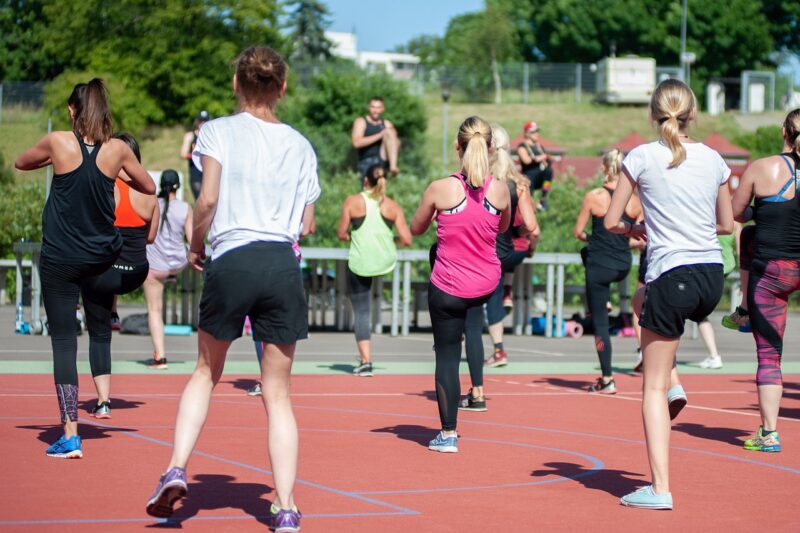
Memory is the brain’s ability to encode, store, and retrieve information. While some people have a naturally strong memory, others may struggle to retain information. However, the good news is that memory can be improved with practice. In this article, we will explore simple exercises that anyone can perform to sharpen their memory skills.
1. Understanding Memory and Its Types
To enhance our memory, it’s essential to understand the types of memory:
- Short-term Memory: Holds a limited amount of information for a brief period, such as remembering a phone number just long enough to dial it.
- Long-term Memory: Stores information for extended periods, enabling you to recall your childhood memories or learned skills, like playing an instrument.
- Working Memory: Involves manipulating information and is crucial for tasks that require reasoning or learning new information.
By engaging in exercises that target these types of memory, you can improve your recall and retention abilities.
2. Mental Exercises to Boost Memory
Engaging in mental exercises is one of the most effective ways to enhance memory. Here are some activities you can incorporate into your routine:
A. Crossword Puzzles and Sudoku
Both crossword puzzles and Sudoku require critical thinking and pattern recognition, which stimulate different areas of the brain. Regularly engaging in these puzzles can help improve your cognitive abilities and memory retention.
B. Memory Games
Games like matching pairs or memorization cards can sharpen your memory. These games challenge you to recall visual information and strengthen associative memory.
C. Learning a New Language
Learning a foreign language exercises your brain and requires you to memorize new words, grammar, and pronunciation. This process strengthens your long-term memory and cognitive functions.
D. Mnemonic Devices
Mnemonics are memory aids that create a connection between new information and familiar concepts. For example, to remember the order of operations in math, you can use the acronym PEMDAS (Parentheses, Exponents, Multiplication and Division, Addition and Subtraction).
3. Physical Exercises that Enhance Memory
Physical activity not only benefits your body but also enhances your brain function. Here are some exercises that support memory improvement:
A. Aerobic Exercise
Engaging in aerobic activities, such as jogging or cycling, increases blood flow to the brain, promoting the growth of new brain cells and improving memory. Aim for at least 150 minutes of moderate aerobic activity each week.
B. Yoga
Yoga combines physical movement with breath control and mindfulness, which helps to alleviate stress. Reducing stress levels can lead to improved cognitive functions and better memory performance.
C. Coordination Exercises
Activities that involve coordination, such as dancing or playing sports requiring hand-eye coordination, can enhance the brain’s ability to process information and respond more effectively.
4. Lifestyle Changes for a Better Memory
Alongside mental and physical exercises, making adjustments to your daily lifestyle can greatly influence your memory:
A. Proper Diet
Consuming foods rich in antioxidants, healthy fats, vitamins, and minerals can help improve brain function. Consider incorporating berries, fatty fish, nuts, and green leafy vegetables into your diet.
B. Quality Sleep
Quality sleep is crucial for memory consolidation. Aim for 7-9 hours of good sleep each night to help your brain function optimally.
C. Stress Management
Chronic stress can impair memory. Practice stress-reduction techniques such as mindfulness, meditation, or breathing exercises to keep stress levels in check.
5. Utilizing Technology for Memory Improvement
In the digital age, various applications and tools can aid in improving your memory:
A. Memory Training Apps
Many apps focus on memory training and brain games that can challenge your cognitive skills. Some popular options include Lumosity and Elevate.
B. Note-taking Tools
Digital note-taking tools like Evernote allow you to jot down important information quickly. Reviewing these notes regularly can reinforce memory retention.
6. Conclusion: Making Memory Improvement a Habit
Improving your memory takes time and consistency. By integrating these exercises into your daily routine, combining them with a healthy lifestyle, and utilizing technology, you can significantly enhance your memory capacity. Remember, like any skill, improving your memory requires practice. Start small and gradually increase the complexity and challenge of your exercises to see the best results. Unlocking the potential of your memory can empower you in your academic, personal, and professional life, leading to improved confidence and success.
With dedication, the simple exercises described in this article can turn memory enhancement into a habit, benefiting you for years to come.







